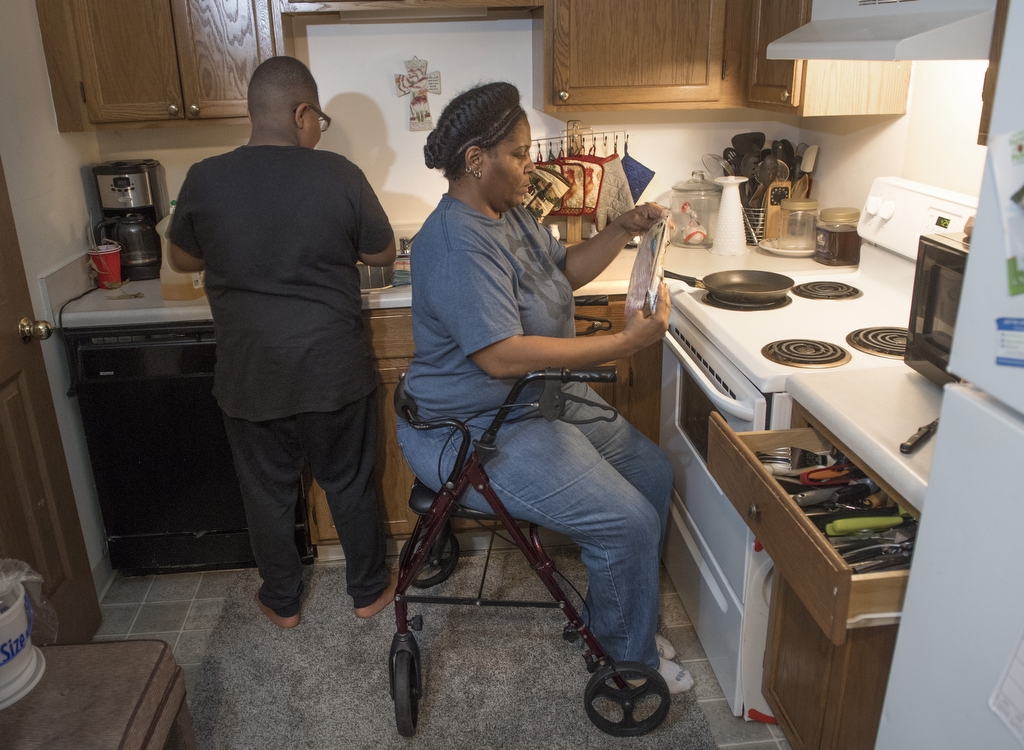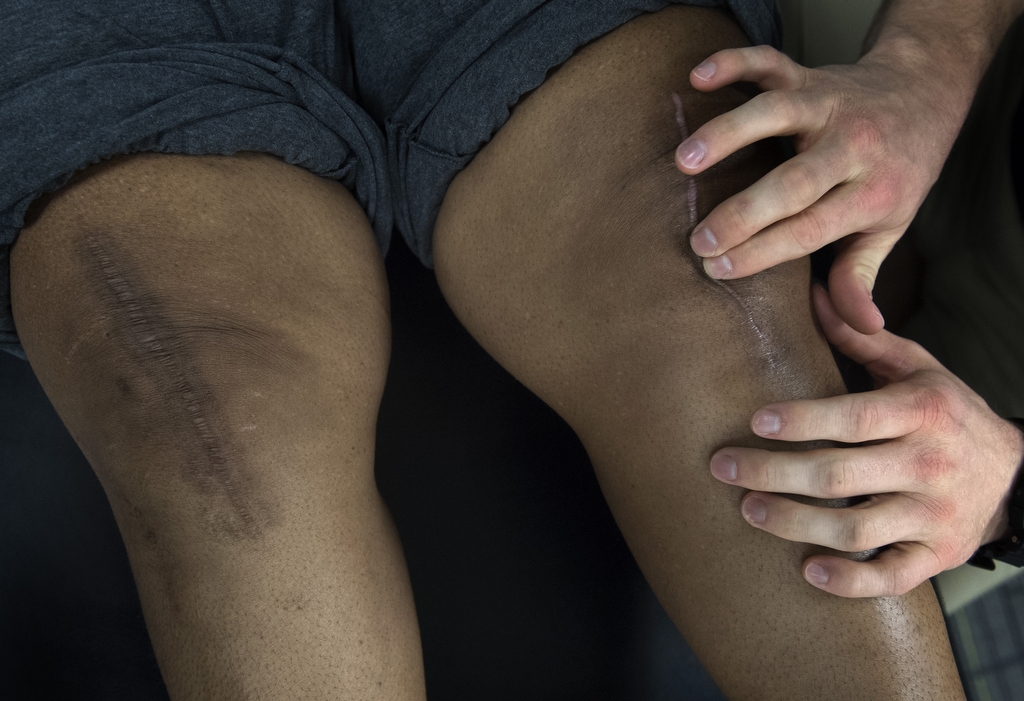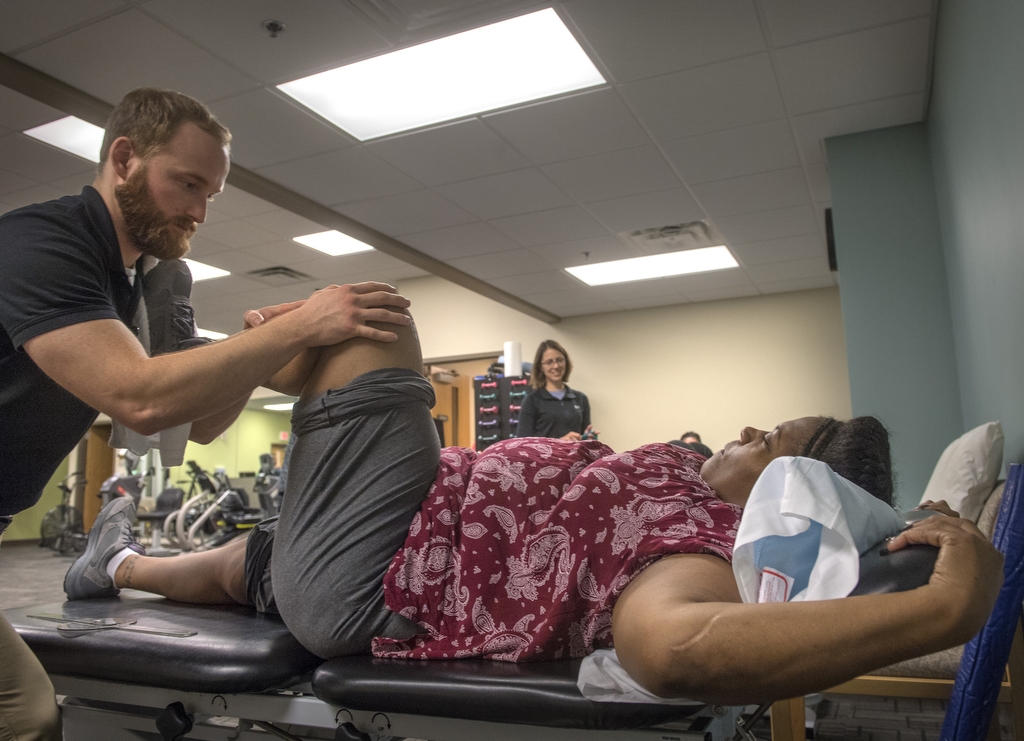
Keeping you moving
We take pride in our long history of excellence in joint replacement surgery, and our overall patient satisfaction scores, as compared to other hospitals around the country, have consistently ranked in the top percentile.
Joint replacement is considered a major surgery. It has also proved to be a very successful surgery. As many as 95 percent of joint replacement patients report high or very high satisfaction rates when considering pain relief, improved mobility, and enhanced quality of life. Candidates for joint replacement surgery have severe joint pain, stiffness, swelling, muscle weakness and limited range of motion. Surgery, however, is the last line of treatment, reserved for when all other options, including physical therapy and medications, have failed.
Orthopedic surgeon Bryan Kamps, MD, talks about the rewards of helping people overcome joint pain with surgery. He also describes the many advantages of seeking treatment from a comprehensive program, like the Spectrum Health Center for Joint Replacement, which supports patients throughout the entire joint replacement surgery process.
A journey with total joint replacement
Symptoms
Natasha's painful knee problems began more than 10 years ago. An unsuccessful surgery in 2009 made things worse. It got to the point where she hesitated to babysit her granddaughters.


Diagnosis
"She had a very bad problem," orthopedic surgeon Hassan Alosh, MD, said of Natasha. "She was pretty disabled and not able to walk that well, even with a walker."
Treatment
Natasha Hudnell visits her physical therapists twice a week as she recovers from left knee replacement surgery. Her right knee was replaced seven months earlier.


Recovery
Natasha's son, Zoc'Kese, helps her a lot. "He's taking care of me," she said. "But I don't want him to always need to take care of me. I don't want to be the mom on the sidelines."
Frequently asked questions














